Bursting cracking on Diwali – A question of Tradition?

Ishan Chauhan is a freelance writer with a keen interest in History, Politics and the fight against Climate Change. His most recent publication is an edited collection titled India’s Long Walk Home, that focuses on the Pandemic and the Environment.
Every year, as the ‘festive season’ rolls around, comes this debate about fireworks and their usage comes in, and as expected, nothing comes out of it, and it is largely forgotten until the cycle repeats itself. This year numerous happenings prompt me to put my two pence into this cycle. Fireworks are used as a mark of celebration- for Dussera the win of good over evil, Diwali, the return to the homeland for the banished prince, met with much fanfare. The question for us today is twofold- should we and, do we deserve to, celebrate? One may argue that it’s not so much the celebration itself that concerns us, but it’s the tradition and religious significance that matters more. But when the two sides of the equation are the present and future one side, and traditions on the other, which side weighs heavier? Celebrating a festival is not the aspect to be argued with; it is the manner in which it is done. As such, those not with an open mind (which is the majority, unfortunately) will not bother to go through the reasons I will put forth, but I will try nonetheless.
Tradition as a term of inquiry has led to copious amounts of writing, but simply put it refers to the name given to those cultural features which, in situations of change, were to be continued to be handed on, thought about, preserved, and not lost. There is quite a bit of unpacking to be done even in this simple definition, however, the last bit is the one that requires our attention. When one thinks about something, they do so, in light of their present situation or circumstance; to preserve is to figure out how to retain the essence of something for the future generation in a way that they are able to understand its value, and feel invested and connected enough to want to engage with it, and then pass it down to their own future generations, once again in a way that they may feel connected to it.
Then, the question arises- do fireworks form part of Diwali/Dussehra celebrations? History has shown that fireworks coming to India must have been somewhere around 1400 CE, and even then had not assimilated into Diwali celebrations till much later, is generally reserved for events hosted by the gentry or the aristocracy. Paintings as late as 1700 CE do not depict the use of fireworks indicating their absence. Vasudha Narayan, Distinguished Professor, University of Florida says that it was only in the last century or so that fireworks became a part of this festival. Then, when the festival arises out of the Ramayana, written approximately around 5th Century BCE, hundred years is a miniscule time frame in the larger scheme of things.
I would argue that an order enforcing a complete ban would not be out of place. Circumstances, both present and future warrant such a decision. In the present, COVID-19 being primarily a respiratory disease, and the fact that people have suffered lung-related problems even months after their tryst with it, warns us that we should take all steps possible to reduce air pollution. In the long term warnings from experts, politicians, activists have been aplenty. The Climate Crisis is far more evident now than it has ever been, and a ‘ticking clock’, both literally and figuratively, on addressing it with broad, radical changes, has become a prime feature in discussions surrounding it. The IPCC’s sixth assessment report talks about the concentration of air pollutants increasing significantly over India, and the situation is so, that even if effective decarbonization techniques are implemented, the levels could not be brought down to levels advocated by the WHO. In other words, it is absolutely essential to drastically cut down ‘short-term climate pollutants’ if we are to have a chance at the 1.5-degree goal. Black carbon, which is one of the components in fireworks, is one such pollutant.
India is not a cold society, in terms of the understanding put forth by Claude Levi-Strauss, and it is unlikely that it ever will be, despite recent efforts to whitewash a clearly visible history, which is essential to a hot society, while moving forward, constantly evolving. This continuous evolution requires, while one may be proud of their heritage, our ways of enjoying it must change, for the sake of the future. There are various studies that show significant enhancement of pollutants around this time, each year. It is the do-or-die decade to tackle the climate crisis and the absolute least we can do is give up something that is not even part of a tradition. That is a tiny ask, among other efforts that absolutely have to be made, when the only other option is a certain end.
We now have an end, but what is the means to that end? Societal change is a gradual process and while it is true that there may have been an increase in awareness of environmental crises and taking action to combat them, our slow awakening to this crisis has taken away the luxury of time to let societal change be the vehicle to combat this crisis. As may still be in the memory of readers due to its momentous nature, the Supreme Court set aside what may have been acceptable to society at large to uphold the long-overdue rights of a certain community. In other words, the law moved past the society and implemented a change, asking the society to catch up, quickly- setting in motion societal change. It is time, even high time, that the same is done with respect to fireworks.
It is quite easy to ask the supreme judicial body of the country to take note of the issue and deal with the issue and present the solution, but that is not the case here- I present a way in which this solution can be reached within the confines of existing law.
In the Supreme Court’s own words– “… what constitutes essential religious practice must be decided with reference to what the religious community itself says, yet, the ultimate constitutional arbiter of what constitutes essential religious practice must be the Court…”
As has been established, fireworks as a component of Diwali are a comparatively recent addition to the festivities, and therefore cannot be said to form part of essential religious practice. Further, in the Apex Court’s own words- “The fundamental right granted under Article 26 [the right to manage religious affairs] is subject to the exception of public order, morality, and health.” Adverse health effects from exposure to fireworks emissions have been recorded, and massive amounts of carbon dioxide produced as a result have an impact on the climate emergency.
Thus, the pathway is clear, for this doctrine to be used as a tool to enforce the much-needed ban. Despite this pathway, the recent order of the Apex Court striking down a complete ban on fireworks imposed by the Calcutta High Court exhibits an acute case of short-sightedness and hesitancy to take bold steps. The reasoning employed completely misses the larger picture- both with regards to COVID and long term environmental interests- setting the order aside on a technical ground while giving far too much credence to assurances given by state officials, completely turning a blind eye to the ground reality of how these selective bans, concerning a specific type and kind of firecracker in favor of another, are enforced.
In these discussions, when they come up as some sort of yearly ritual, those opposing the ban often say, as did this article in the Hindustan Times that, Diwali fireworks are only a small part of the major problem and instead of this, efforts should be focused elsewhere to reduce pollution. A simple answer to that is, banning fireworks completely as is necessary will not only take them out of Diwali, but also all other avenues where they are put to indiscriminate use and, the worsening climate crisis does not give us an option we must make changes wherever possible.
The time has passed swiftly by where purely economic concerns could be given primacy over what is now a question of survival. We must displace a managerial-istic understanding of dealing with environmental issues with one where other decisions are made keeping its concerns at the center.


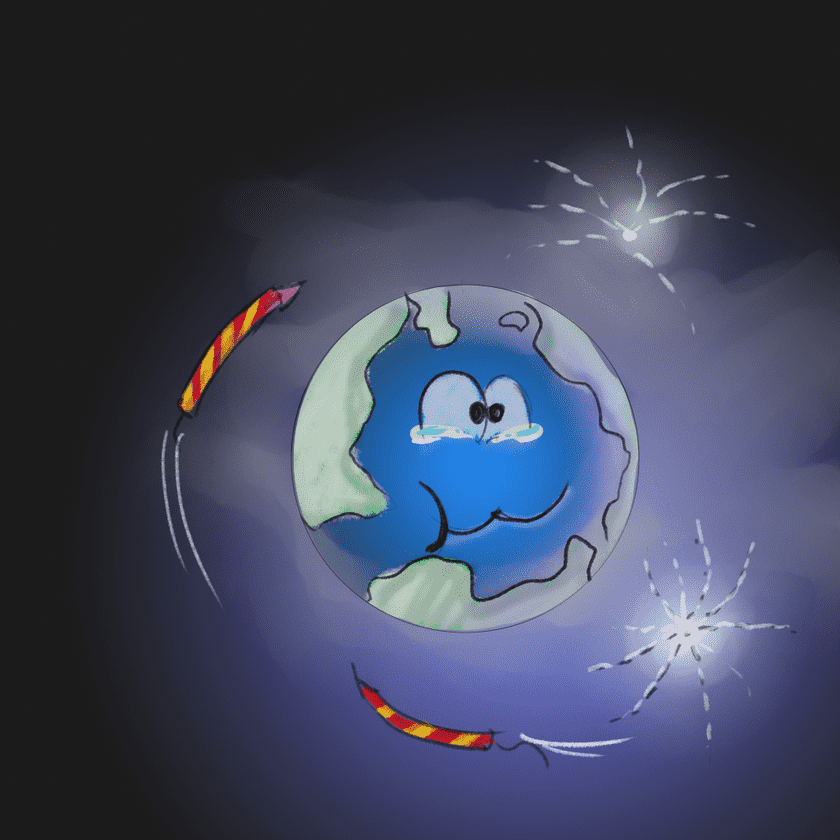
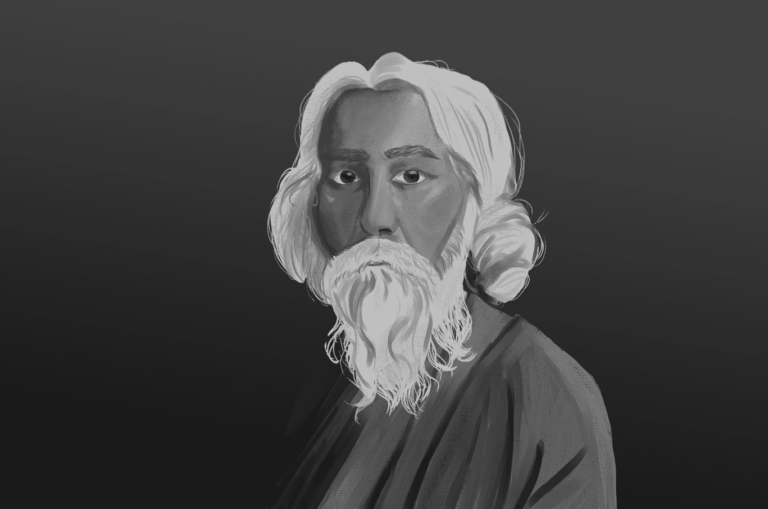
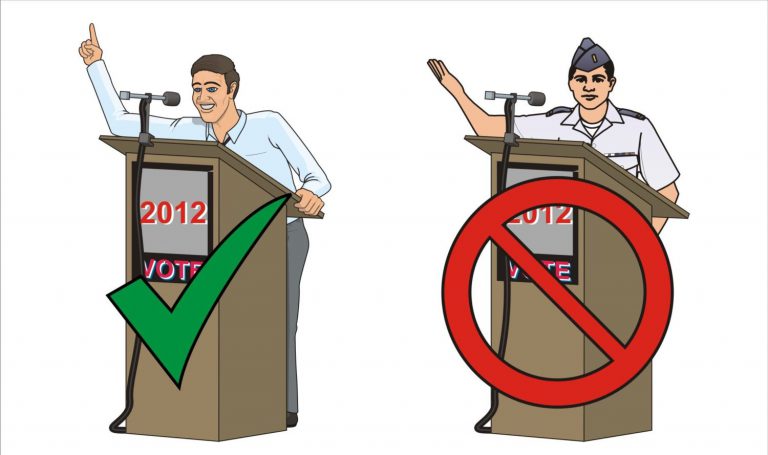
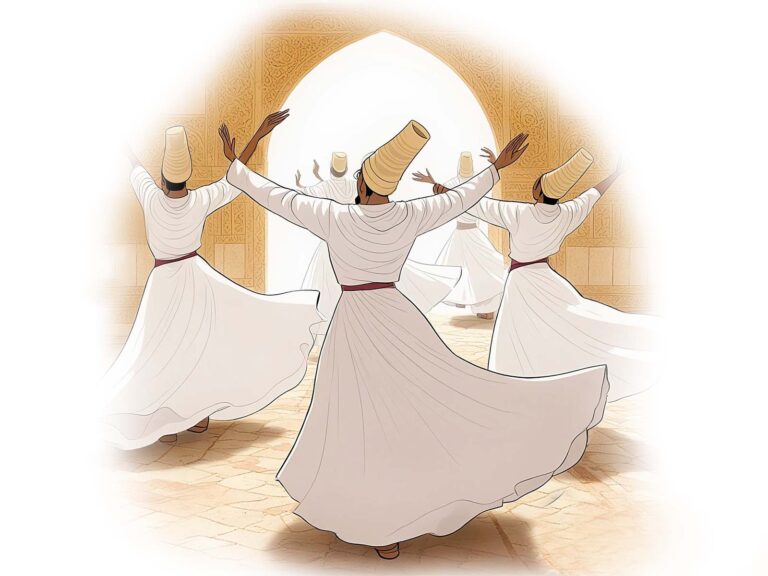
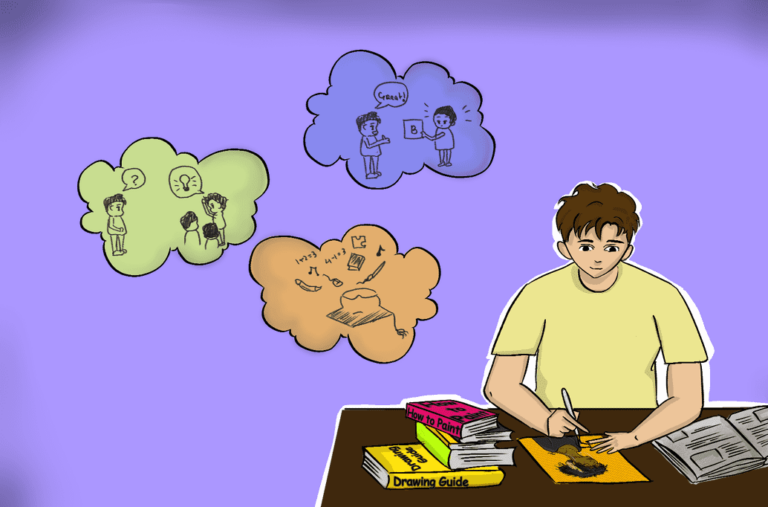

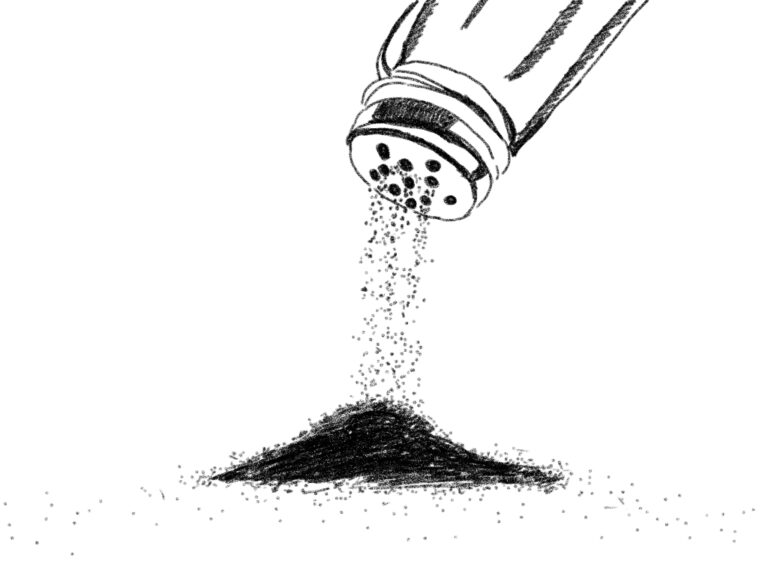
An important, well written article. Hopefully it will be read by many more than it has been at this moment.
What I like about this article, is it’s systematic nature- and the fact that it embraces straight talk. It is important to be direct and hard hitting when someone talks about environmental issues. We don’t have a time for evasive diplomatic speak. That, along with some general and some fed ndifference is what got us here.
Insightful article. Needs to be read widely. People need to put their emotions aside and understand the importance of taking small steps. It will not be a big change in the celebrations if we take away the fireworks. Small steps in large numbers equals big difference in the grand scheme of things
The article is good but it only appears as a plain view, the article should please the readers, especially if you are want to make a note in social issue.